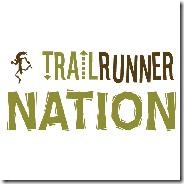 Earlier this week I recorded a podcast with the folks over at Trail Runner Nation. In the interview we discussed thoughts on form, footwear, and injuries (big surprise coming form me!), and talked a bit about my just-released book Tread Lightly.
Earlier this week I recorded a podcast with the folks over at Trail Runner Nation. In the interview we discussed thoughts on form, footwear, and injuries (big surprise coming form me!), and talked a bit about my just-released book Tread Lightly.
One of the topics we focused on quite a bit was foot strike, and I tried to make the point that a single-minded focus on foot strike may not be wise given that it is only one aspect of the overall running gait. I also wanted to make it clear that I do not believe that every runner must run solely on their forefoot, and that mild heel striking is likely just fine if other aspects of form are good. I worry that the recent intense focus on forefoot striking has runners forcing the issue and causing themselves more trouble than if they just left things alone.
Here is the link to the podcast on the Trail Runner Nation website: http://trailrunnernation.com/2012/05/heel-striking/
Here is the direct link to download the podcast from Itunes: http://itunes.apple.com/us/podcast/dr.-peter-larson-so-youre/id484661268?i=115576192
Here is the link to directly download the audio file (right-click link and “Save As”): http://trailrunnernation.com/podpress_trac/web/6381/0/larson-heel-striker.mp3
I hope you enjoy the interview should you choose to listen! As always, comments are welcome!
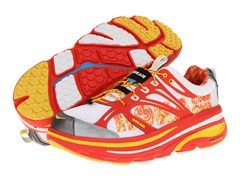
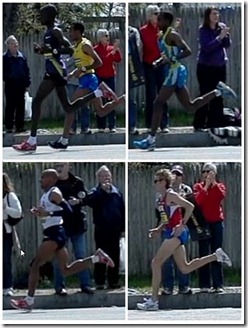
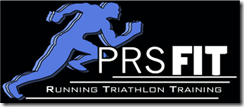
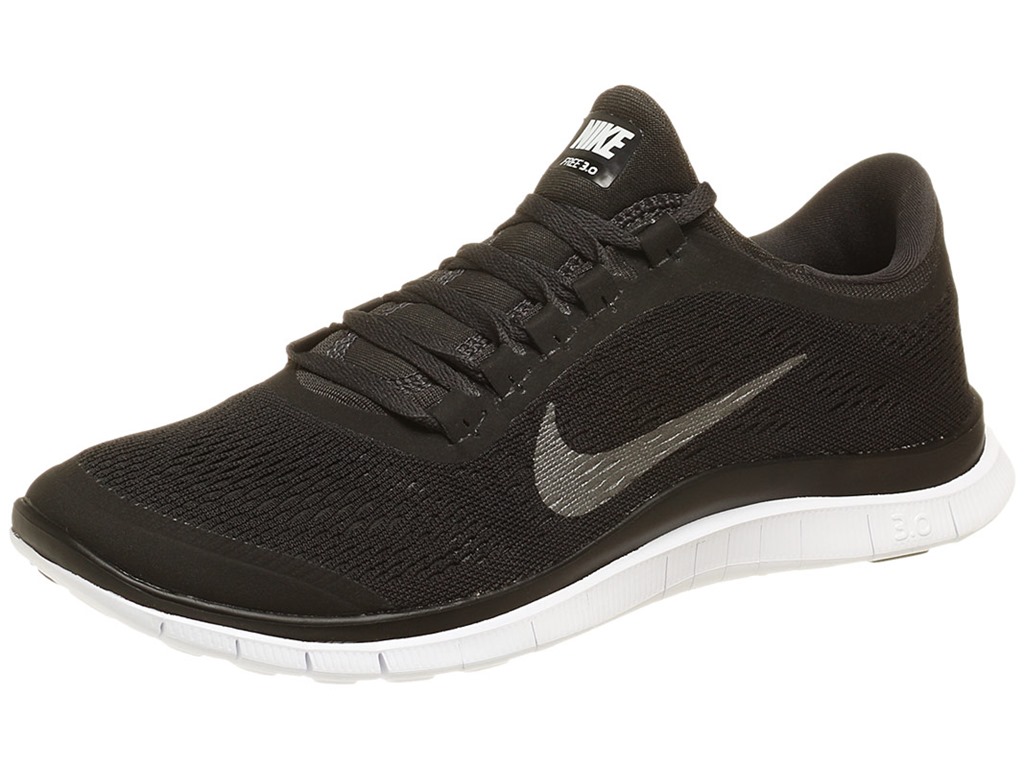


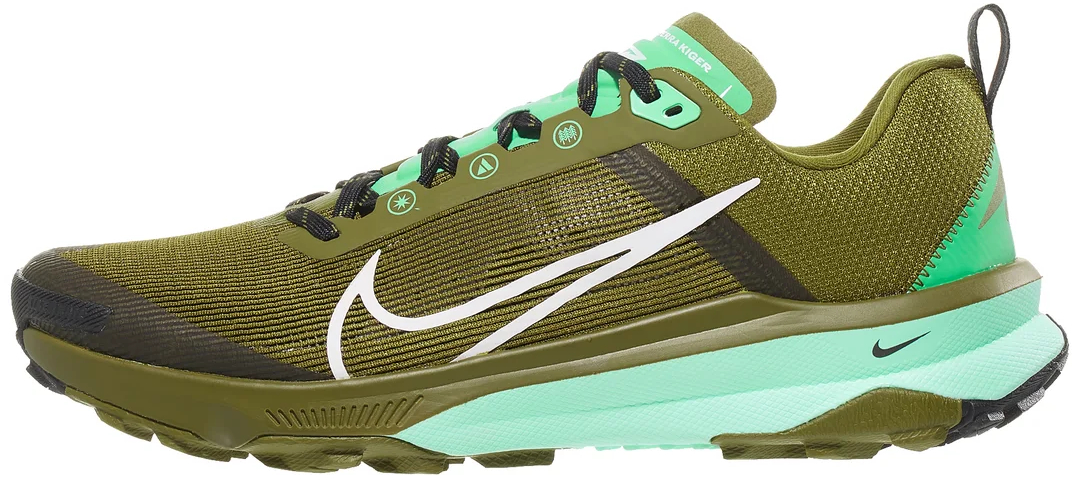
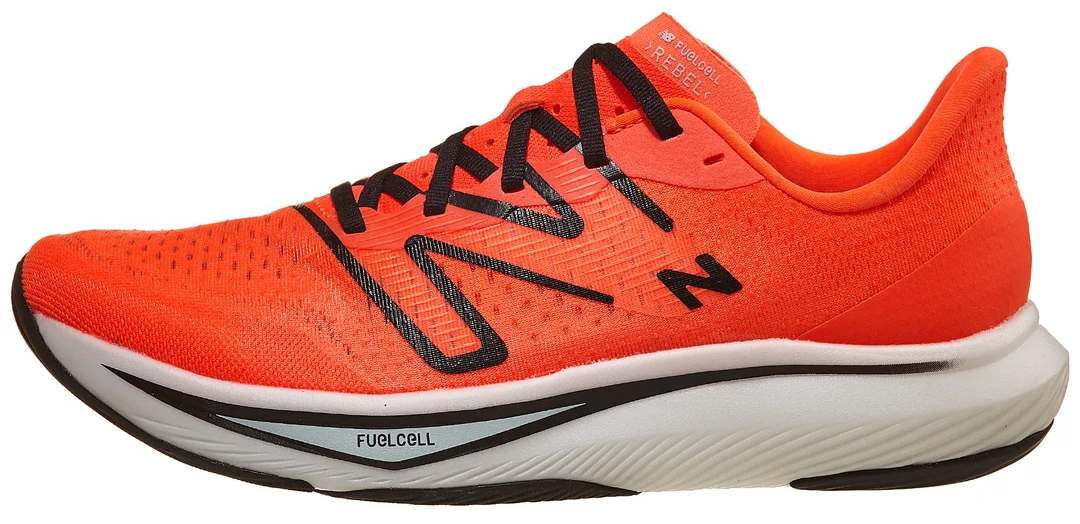






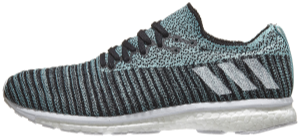
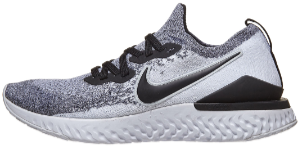


So many circular justifications for varied footstrikes. If we’re going to call it “Natural” running…perhaps we should allow people to run in a way that is natural for them, so long as it isn’t causing injury.
All of us who can afford choice are fortunate that there are so many shoe options to protect and encourage the different landing styles.
I have a solid mid-foot strike. Always have. Running on my heels or toes is uncomfortable, slows me down, and I can’t imagine allowing some shoe company to tell me that I should change what ain’t broken. (It’s one of the reasons that kigo doesn’t tell people how to run :)
Training barefooted or in really minimalist shoes can be good, if only to force people to notice what part of their foot is hitting the ground first, and to try to lighten up and soften their footstrike. But for heaven’s sake. If you’ve been a heel striker forever, run healthy and have no issues with it, then protect your heels and try to lighten your strike so you can keep the lowest amount of impact in your ankles/knees/hips/back.
Running is supposed to feel good and be fun.
Great comment Rachelle, couldn’t agree more! Even within individuals, foot strike will vary somewhat with shoe worn, surface run on, speed, and level of fatigue. And heel strikes come in lots of varieties, and all may not be created equal. I certainly wouldn’t advocate an overstride with the sole of the shoe angled up 45 degrees from the ground on contact, but a mild heel strike is probably not a big deal for most people.
Pete
I thought Rachelle’s comment was spot on, how I kind of view things. “If we’re going to call it “Natural” running…perhaps we should allow people to run in a way that is natural for them, so long as it isn’t causing injury.” I’ve been writing some blog articles myself on whether “natural/barefoot” is right for me. I can’t say I am an expert, but am going with the fact I am currently running well and not injured. If major injury ever sets in, then I will probably be re-investigating my form. To be fair to the entire barefoot/natural movement – I do run in a low profile shoe so I do lean in the direction of ‘less is more’. :-)
I like to think: Come down below your body, your center of gravity; don’t worry about how! It will be almost impossible to heelstrike then anyway.
As someone who runs in low profile shoes but is a very mild heel-striker, I couldn’t agree more! I tried to tweak my form and ended up getting injured, whereas when I returned to my regular stride, I resumed my regular, injury free, running.
Hey, you stole the title of one of my posts! (almost) link to predawnrunner.com…. Anyhow, someone mentioned to me that you promoted a focus on cadence in this podcast, and I’ve been doing a lot of that since coming back from Achilles tendinitis. I find that it does seem to make me lighter on my feet while at the same time resulting in a quicker pace for less perceived effort. In fact, I feel better after running at 180/min cadence and a 7:05 pace than I do running at 165-170 / min and a 8:00 pace.
Greg – yeah, the evidence supporting higher cadence/shorter stride for sparing the legs is much stronger than that for foot strike in my opinion. As long as foot strike isn’t extreme at either end, probably not a huge deal if the rest of the stride looks good.
—-
Pete Larson’s Web Links:
My book: Tread Lightly – Form Footwear and the Quest For Injury Free Running<http: 1616083743=”” gp=”” product=”” ref=”as_li_ss_tl?ie=UTF8&tag=thviofli-20&linkCode=as2&camp=1789&creative=390957&creativeASIN=1616083743″ http://www.amazon.com=“”> Work: link to anselm.edu…
Blog: https://runblogger.com
Dailymile Profile: link to dailymile.com…
Twitter: link to twitter.com</http:>